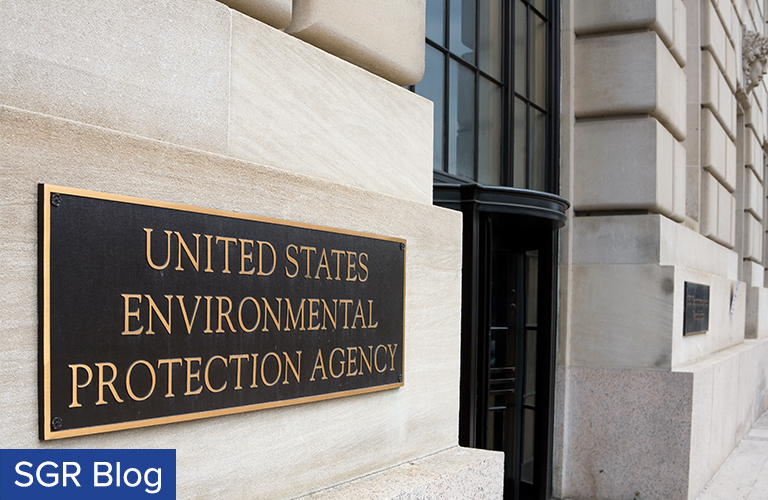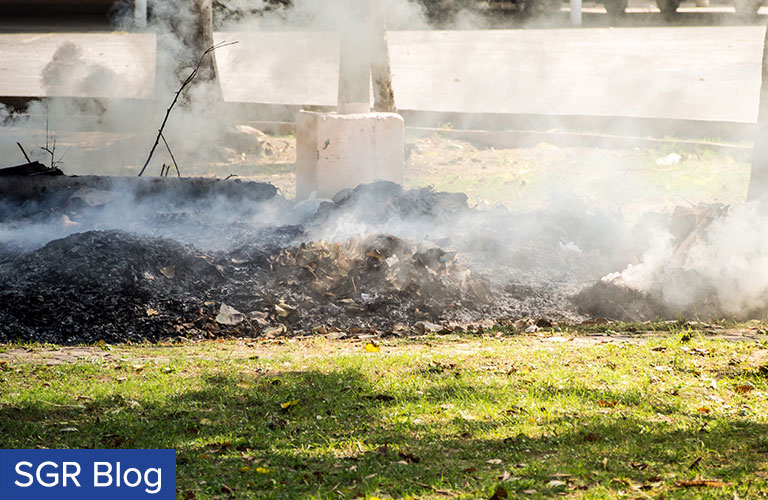
By: Marcie Ernst and Melanie Walker[1] The United States Supreme Court recently ruled in Husted, Ohio Secretary of State v. A. Phillip Randolph Institute[2] that Ohio’s process for removing voters on change-of-residence grounds did not violate the National Voter Registration Act (NVRA), also known as the “Motor Voter Act.”[3] A. Phillip Randolph Institute, a labor and civil rights group, filed the case on behalf of Larry Harmon, a resident of the state who had not voted in the previous two elections, but who attempted to vote in the following election and found his name stricken from the voter roll. The… Read more










